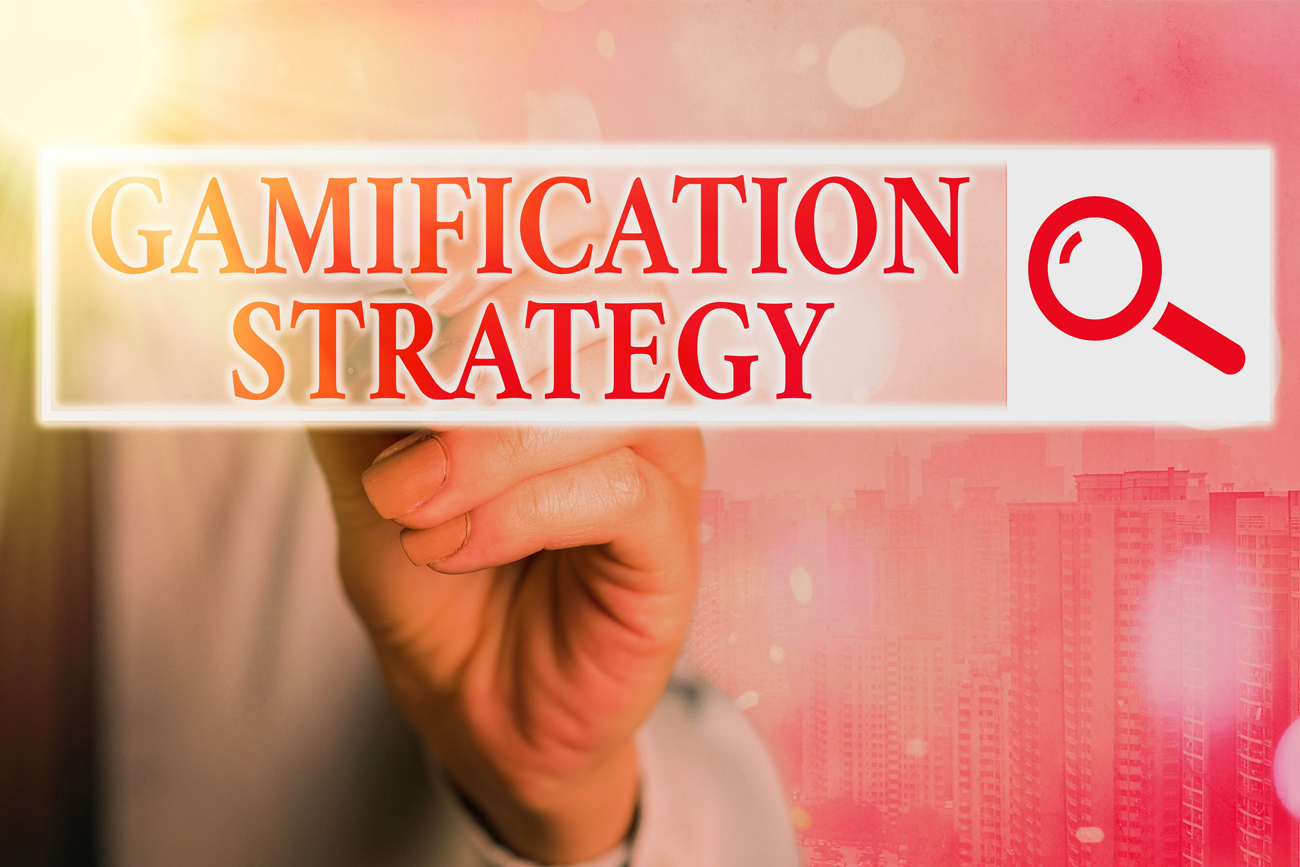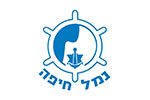According to a recent research published by the UK recruitment site Salestarget.co.uk, money is the main motivator among sales personnel, with over a third (37%) of sales representatives choosing money as their main motivator in their work. In addition, over half of the participants said that receiving performance-based incentives improved their quality of life, with men more likely to be motivated by financial incentives than women.
However, are extrinsic incentives in general, and cash incentives in particular, are the best method to create a healthy working environment?
When the work is based on extrinsic motivators, they become the goal, the reliance on them grows and evolves into a dependency and the link between the employee and the core of his work is weakened. He is no longer driven by intrinsic motivators or organizational goals but almost exclusively by the extrinsic motivators, as a sales performance metrics. This process also affects the working environment and the personal relationships between the employees.
Are cash incentives really what matters to employees? Is money their ultimate goal? Many studies that rank the leading motivators among employees show that money isn’t topping the charts. In fact, it’s not even in the top five motivators but in the bottom half of the top ten (places 7-9). After all, a cash incentive is a “means incentive” and not an “end incentive”. The goal is not to get the money, but rather the things that the money can get you once you obtain it. Thus, nearly a quarter of the participants in the Salestarget.co.uk research replied that they choose to spend their earned bonuses on holidays.
Therefore, while there is no need to lessen the importance and role of incentives as a motivator, particularly cash incentives, we must examine other methods that will increase the intrinsic motivators and will help form a stronger link between the employee, the workplace and the work itself. This can be achieved not by guessing what the employee wants, but by finding out what he needs.

















































